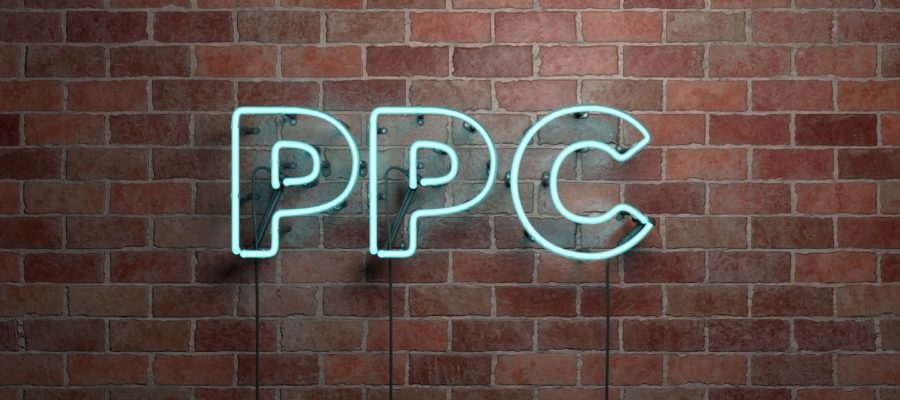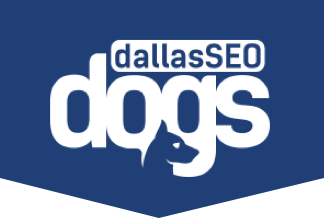Why I Am Wary of Competitive Pay Per Click

Six months ago, I was setting up a Pay Per Click campaign for a new client. They had approved of my ad copy and were now reviewing my keyword selection. They liked every choice that I had made except one – I had not included the names of their competitors in the keyword list. My client then told me to google the name of their company: Their site was the first organic listing, but two of their competitors were bidding on my clients name and serving ads. “See? They’re doing it to us. We need to do this to them and get back at them”. I explained to them that this is not necessarily a good idea since the goal is to get business.
Pay Per Click Advertising: The Pizza Example
This is the way I see it: If I take the time to search for “Pizza Hut”, that is what I specifically desire. If I search for Pizza Hut and click on Papa Johns, 99% of the time my finger slipped on my mouse or on a small touchscreen. Either way, I’m going to bounce out of Papa Johns website and pay more attention and go to the Pizza Hut website. Short of it is, I wasted a little bit of Papa Johns PPC budget. If you’re a huge corporation with a near limitless budget, you can handle the cost of that. If you’re a mom and pop pizza shop, that is a wasted opportunity. Even if the Cost Per Click is low, you are still losing money because a much lower percentage of people will end up converting for you. That’s not to say that competitive pay per click campaigns do not have a place. In the end, you need to evaluate your goals, how much money you’ll make from selling your service and how much you are willing to spend to acquire a new customer, because the marketing will add up quickly. If the additional cost is low and the potential revenue is high to offset the lower conversion rate, it is worth a shot! If the revenue opportunity is low and you have low margins, as in the example with the pizza companies, you’re probably going to be losing money on the advertising. In the end, always evaluate it based upon your cost per conversion, and if you have access to the data, your cost per customer acquisition.
Competitive Pay Per Click to Bid on Your Brand
Bidding on your own brand is a bit different. Generally, I’m against it. One thing to keep in mind is that many of the people searching for your name may actually be current clients or previous clients who are simply looking for your contact information, rather than new business. If someone can’t remember your number, they will look it. Because of this, I’ve found that branded & company keywords generally have higher conversion rates, but this is primarily due to the calls from current clients that already know you, which will inflate your numbers. The only way of getting around this is by having some really advanced conversion tracking systems in place.
Want to advertise your business via Pay Per Click but not sure where to start?
Give us a call at 214.760.8914 today to speak with one of our PPC specialists.
When it’s worth it
It can sometimes be beneficial to bid on your brand and company name. My perspective factors in three things:
- Cost
- Brand recognition
- Organic rank
If you aren’t appearing very high for direct searches for your brand, do it. This will be a great way to “rent” the top of the search results page while you or your Dallas SEO team is hard at work to get you to rank better. If your brand is not well known within your industry or to your clients but you have good to great organic placement, run with it. You’ll be the first item on the Search Results page due to your Pay Per Click ad, and you’ll also be high up in the organic results. If you have a large enough budget or are not spending everything you have allocated, do it. Generally, your cost per clicks will be much cheaper than what you are seeing for your products and services. As a general rule of thumb, I rarely advise clients to bid on the competition or themselves, with a few exceptions. We need to be pushing your services and your products, not your overall brand.
